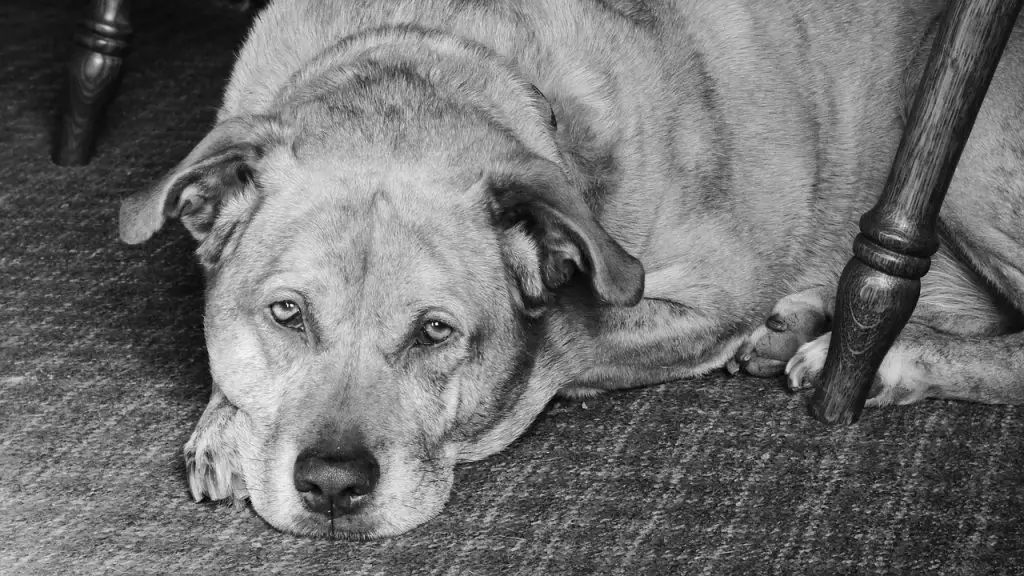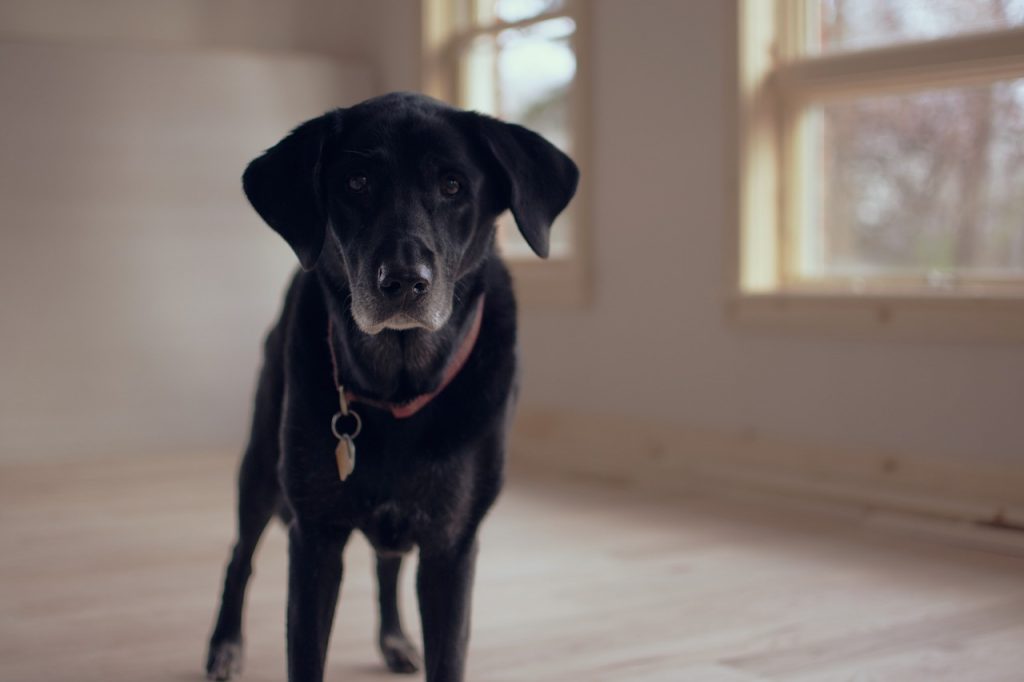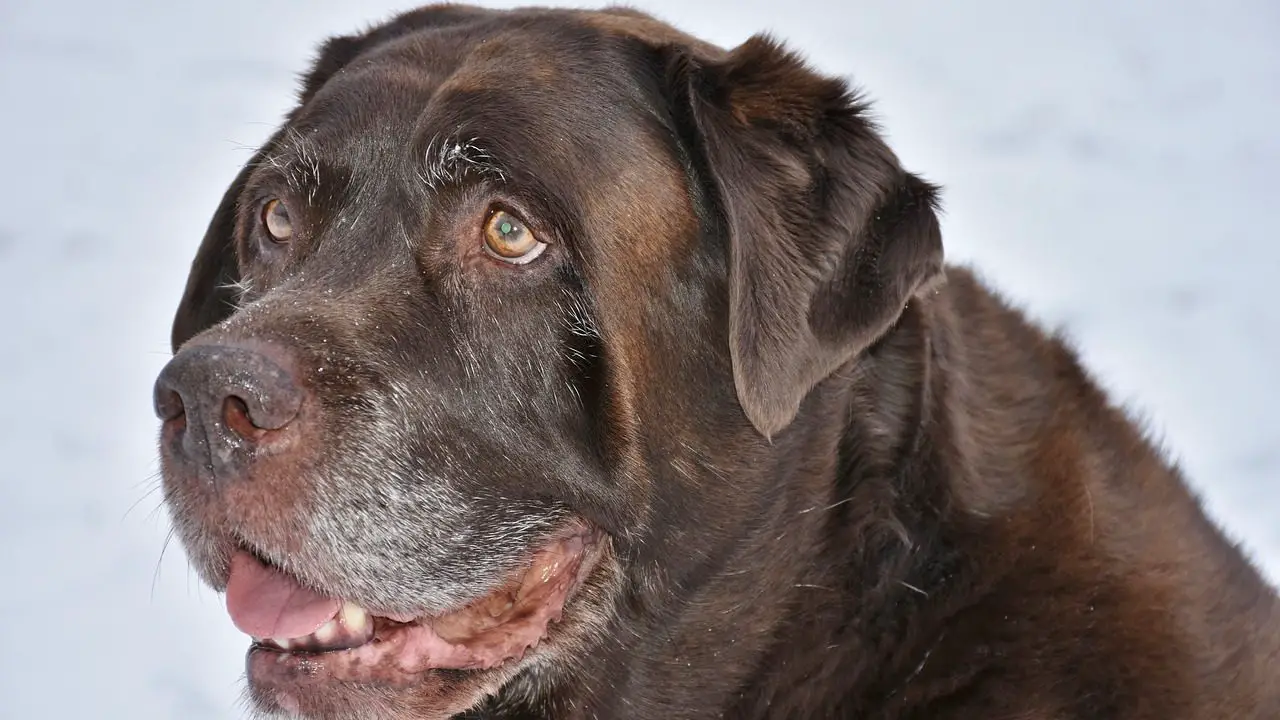Time passes so fast with our amazing four-legged friends. In no time they change from being our playful, goofy, and active little friends to a senior dog that needs more attention. Today, we are going to know how to help our senior dog navigate aging.
To help your dog navigate aging, you need to know first when your dog is considered to be a senior dog, what are the regular checkups you need to do for your dog, what are the proper exercises your senior dog needs, and how to help your dog understand his/her age needs.
Table of Contents
When your dog is considered to be a senior dog?
There are some signs can tell you that your dog is aging and becoming a senior dog. However, every dog ages differently, so you need to be
Therefore, before you start noticing the signs and take notes, know your dog’s breed and the age-related signs you should look for.
1- Age-related Diseases.
Any dog goes through main age-related diseases in his/her life, but for seniority, sometimes things get a little bit critical because they become more weak to resist and anything can make them feel exhausted. Also, that is why a lot of dog owners decide to put their senior dogs to sleep when they see that they are not happy anymore, and they can’t stand watching them suffer.
If you want to know more about why, how, and when you decide to put your dog to sleep, read our article from here.
Therefore, you need to know what kind of age-related diseases you need to expect if you have a senior dog, and how to help your dog avoid it or how to get him/her the right help.
According to AKC, senior dogs are more likely to develop age-related diseases like cancer, heart diseases, kidney failure, liver diseases, and arthritis, too. Also, your dog might have some sight problems or even blindness.

2- Behavioral changes and mood swings.
Ages can affect your dog’s behavior like it affects you -as a human- and affects your behavior. So, now you are not interested in the same activities you used to be interested in a couple of years ago, right? And some of those activities you might be still interested in, but you can’t do it because of your age, right?
That is the same case for your dog. When your dog enters the senior stage, you might notice that he/she is not that in treated with the toys he/she used to play with while he/she was younger. Also, you might notice that he/she is not interested in playing, jumping, long walks or even excited greetings every single time you enter the door. He is changing, and that is fine.
However, you still can find your dog toys that he/she might be interested in here, so make sure you check out our up-to-date toys for the senior dog’s page.
What are the regular checkups you need to do for your dog?
If you noticed these changes in your dog, so that means that you need to focus more on his/her health and schedule regular checkups for him/her.
Usually, senior dogs need to have the checkups every year, and that when they seem fine, happy, and healthy. But, if you noticed something different that made you uncomfortable, don’t hesitate to make more checkups.
What do you need to check?
- Complete physical examination
- Blood test (for kidney, sugar, liver, etc.)
- Tooth decay and infected gums
- Breed-specific testing (some dog breeds get particular diseases)
- Urinalysis
- Senses test (smell, eyesight, and hearing)
- Weight gain or loss
Also, you need to ask your dog’s veterinarian if he/she recommend any other checkups and keep track of your dog’s health history so you can compare results.

What are the proper exercises your senior dog needs?
To help your dog navigate aging, you need to choose the right Age-related exercise for him/her. However, you need to check with your dog’s veterinarian first to see whether your dog’s health can handle those exercises or not.
Exercises your senior dog can do:
- Swimming
- Small walks
- Games
Swimming.
If you are searching for an activity that benefits your dog’s health, and also helps him/her enjoy their time doing it, you really need to put swimming into your consideration because most dogs enjoy swimming, and also because it is an exercise that helps your dog relax and take as many breaks as he/she needs.
And that is the kind of exercise that you need for your dog, an exercise that will help him/her enjoy and pass time, maintain his/her health, and also halos him/her sleep well.
Also, if you are not so sure yet that this what you want to do for a senior dog, and you are afraid that something bad happens. Check that dog training vest and how you can use it for your dog. It is fun, safe, and will help your dog have a nice time.

Small walks.
Senior dogs can have a real hard time walking for a long time, running, or going upstairs, however, your senior dog needs to move. Therefore, you need to take him/her out for small walks and make sure that you pay extra attention to when he/she is getting tired.
Also, you need to make sure that you are walking with your dog around his/her home, so once you notice that he/she can’t walk more you take him/her back home and let your senior dog rest.
Games.
This is a very good exercise for your senior dog. As you can notice, senior dogs can’t make a lot of activities like they used to do. However, dogs will always be dogs, they like to play and they have fun knowing new games and getting new toys.
Therefore, you need to make sure that you help your senior dog navigate aging by giving him/her toys and come up with games that allo him/her to have fun yet not exhausted.
If you are not sure what you can get your senior dog, you always can check out our top 5 chew toys, and top 5 puzzle toys pages, because those are toys that won’t let your dog do much, but still will have fun playing with it.
Things to not do for your senior dog.
- Don’t force your dog doing any exercises he/she is not comfortable doing it.
- Don’t use negative reinforcement on your dog to get him/her do what you want.
- Don’t ignore any signs that make you doubt that there is something wrong with your dear dog.
- Don’t let your dog be lazy and not moving at all.
- Don’t push him/her to do the same exercises he/she used to do a couple of years ago.
- Don’t make your dog exercise without warming up.
- Don’t ignore checkups assuming that your dog is doing just fine.
- Don’t let your dog gain weight.
- Don’t let your dog lose a lot of weight.
- Don’t leave your dog live in pain.
- Don’t get bored with your senior dog and leave him/her die alone.
Our senior dogs were once our small little puppies and our four-legged friends. Remember how your senior dog used to be playful around you, and couldn’t stand seeing you sick or sad. Now, it is your turn. Your four-legged friend needs your help to navigate aging, be there for your dog.
Related Questions:
1- How many stages in my dog’s life?
Your four-legged friend has four staged in his/her life: Puppyhood, Adolescences, Adulthood, and Seniority.
Puppyhood starts from birth and can last anywhere between 6 and 18 months, Adolescence can last between your four-legged friend for 6 to 18 months. After that, comes the adulthood stage which is somewhere between the first to the third year after birth, and finally the Seniority stage which usually begins between 6 and 10 years.
2- Should I get my senior dog a puppy?
Senior dogs are usually very kind to puppies, they know that they are little babies and they can get playful and goofy most of the time. However, you need to be careful at first and watch how your senior dogs react, because he/she is an old guy, and also he/she can feel that you are replacing him/her, and that can affect his/her health.
Now you know how to help your senior dog navigate aging. Tell us how was your experience with your first senior dog.

